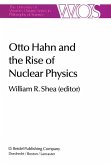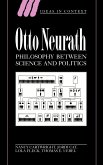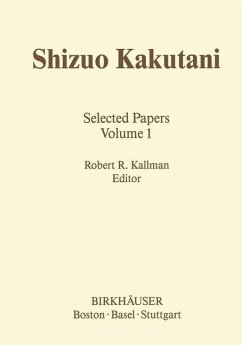In 1981 I was approached by Klaus Peters to assist in publishing a selection of the papers of Kurt Otto Friedrichs. With some reluctance Friedrichs has agreed to help in making the selection although in the initial stages only one paper [47-2] was in his opinion worthy of being included. With some coaxing on my part the selection was made mainly by Friedrichs despite his frequent modest grumble that it did not make sense to include "that" paper as "X" had subsequently improved either the result or the proof. Later P.D. Lax and L. Nirenberg identified appropriate papers and, perhaps not so remarkably, there was almost complete overlap. The vast majority of the papers are in partial differential equations and spectral theory where Friedrichs had the greatest impact. For these Peter Lax and Tosio Kato have written the commentaries. Friedrichs made fundamental contributions in the theory of asymptotics; two papers, including Friedrichs' Gibbs Lecture, have been reviewed by W. Wasow. The very profound contributions Friedrichs made to applied mathematics are represented by some papers in elasticity, mainly written with J.J. Stoker and now reviewed by F. John and in magneto-hydrodynamics where Friedrichs' original notes have been reproduced and his contributions to the subject reviewed by Harold Weitzner. In both these areas Friedrichs recognized and clarified approximations made in engineering and physics.








